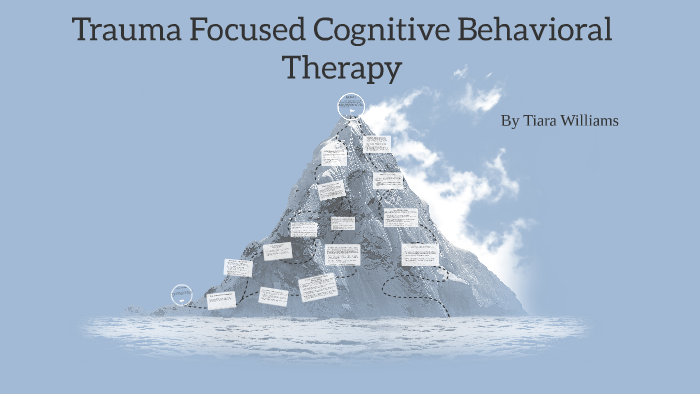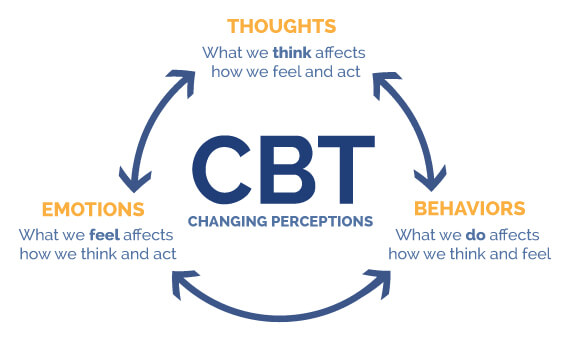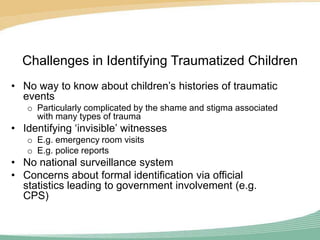

Taking charge of your own emotional state. Outpatient or residential treatment establishes an environment that assures the patient that they are safe and taken care of.
A safe and stable treatment environment. Some of the most crucial elements explored through trauma-focused cognitive behavioral therapy through its program include: Individuals treated through trauma-focused cognitive therapy learn to identify and differentiate errant and intrusive thoughts, disarm them more effectively, and develop the tools to improve their perspective. This form of therapy is also used to help families navigate post-traumatic stress and the symptoms that follow, particularly by arming them with the necessary tools to manage stress, anxiety, and depressive symptoms better through healthier coping mechanisms, thought experiments, and self-reflective methods. Over 80 percent of teens treated via trauma-focused CBT see notable improvements in symptoms within this period. Trauma-focused cognitive behavioral therapy is a short-term treatment option that usually lasts about 16 sessions or less. 
Understanding Trauma-Focused Cognitive Behavioral Therapy Therapists trained in trauma-focused cognitive behavioral therapy have had greater success in treating children and teens with trauma-related mental health issues, from induced anxiety and clinical depression to post-traumatic stress disorder.

Trauma-focused cognitive behavioral therapy (TF-CBT) is a form of cognitive-behavioral therapy (CBT) designed to assist in the treatment of families, children, and teens who have survived a traumatic event.








 0 kommentar(er)
0 kommentar(er)
